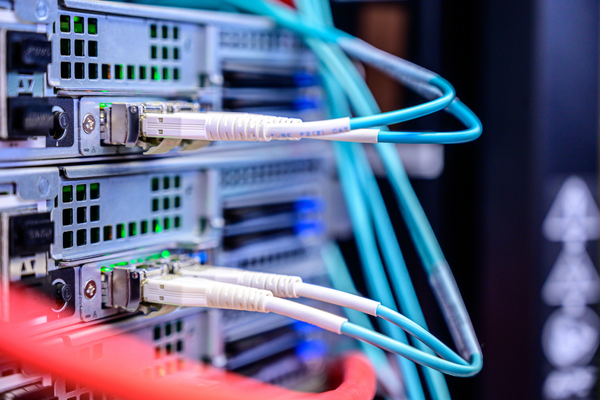By: Bryan Tropeano
An early morning outage at Amazon Web Services on Monday caused widespread disruptions across the internet. Everything from social media to smart home devices went down or slowed to a crawl, showing how much the web depends on a few cloud providers.
The issue started around 3 a.m. Eastern time in AWS’s US-EAST-1 region, which is based in Northern Virginia. That region is a central hub for internet traffic and cloud hosting. A problem with DNS resolution and a subsystem that monitors network load-balancers triggered a chain reaction that left websites and apps unreachable. AWS engineers began mitigation within hours, but some services didn’t fully recover until later.
Apps like Snapchat, Reddit, Venmo, and Fortnite were among the most prominent names affected. Users also reported problems with Alexa devices, Ring doorbells, and other smart home gadgets that rely on AWS servers. Even Starbucks’ mobile ordering system was briefly down, leaving customers unable to place orders through the app.
Beyond entertainment and convenience, the outage disrupted serious business operations. Payment services, education platforms, and corporate tools such as Slack and Teams all faced slowdowns or complete outages. For many companies, the downtime meant lost productivity and revenue. Analysts estimated that the outage could have cost millions per hour across industries.
This wasn’t the first time AWS’s US-EAST-1 region caused trouble. The same area has been behind several significant internet slowdowns in recent years. Because so many companies host their infrastructure there by default, a single technical hiccup can ripple out globally.
The outage reminds us how fragile the cloud ecosystem can be. When one piece of the infrastructure fails, half the internet can go down with it. Experts are calling for more redundancy and failover systems to reduce reliance on a single region or provider. Some governments are also revisiting whether large cloud providers like Amazon, Google, and Microsoft should be treated as critical infrastructure, given their outsized impact.
AWS says the issue has been fully resolved and a detailed post-incident analysis is coming soon. Still, the event has left businesses and consumers rethinking how much they rely on “always-on” cloud services that may not always stay that way.
About the author: Bryan Tropeano is a senior producer and a regular reporter for NewsWatch. He lives in Washington D.C. and loves all things Tech.










